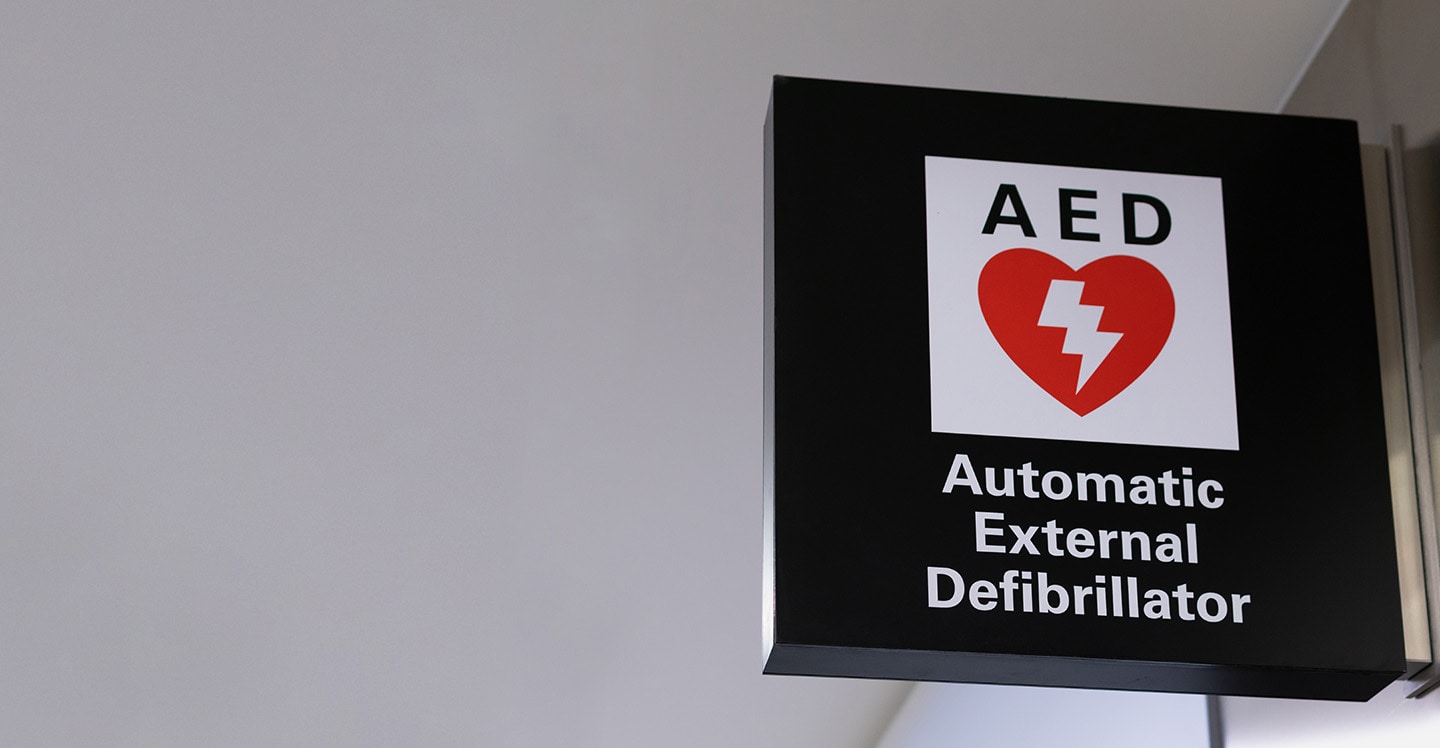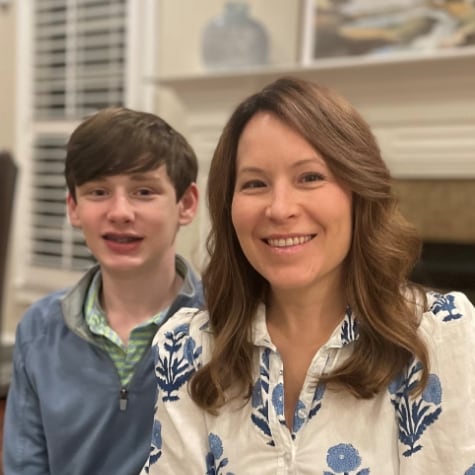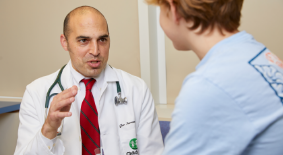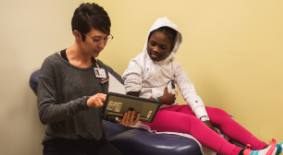
Project S.A.V.E.
The Children’s Healthcare of Atlanta Heart Center started Project S.A.V.E.—which stands for Sudden cardiac arrest, Awareness, Vision for prevention, Education—in 2004 with the mission of preventing sudden cardiac arrest in children, teens and young adults in Georgia communities.
Sudden cardiac arrest occurs due to electrical instability in the heart. A person’s chance of survival drops by 7 to 10 percent for each minute the heart is stopped, so knowing the warning signs and how to respond quickly is key to saving a life.
Warning signs of sudden cardiac arrest:
- Fainting, dizziness or seizure-like activity during or immediately after exercise
- Excessive fatigue or shortness of breath with exercise
- Unusual chest, shoulder, back or jaw pain
- Premature, unexplained death in a close relative younger than 50 years
- Call 911
- Start CPR
- Defibrillate with an AED
- Transition to advanced care by emergency medical services (EMS)
Any school in Georgia can become a Project S.A.V.E. Heart Safe School by taking the following steps:
- Identify a site coordinator to complete the online Heart Safe School Checklist.
- Review the Heart Safe School Checklist to ensure your school is prepared for a cardiac emergency. This list will help determine the requirements that you need to implement, which ones are already in place, or if you need additional assistance.
- Complete and submit the Heart Safe School Checklist. If all requirements are not met, or you need help, reach out to your Project S.A.V.E. site coordinator (projectsave@choa.org).

My Son Experienced Cardiac Arrest at School: What Parents Need to Know
After running up a flight of stairs, 13-year old Collin suffered cardiac arrest at school. Now his parents are working to equip schools with the resources that helped save their son. Listen to Collin, his mom and Dr. Whitehill, medical director of Project SAVE.
ListenOn average, 1,000 people a day in the U.S. (including some youth) experience sudden cardiac arrest. Sudden cardiac arrest happens when the heart stops beating properly, causing an abrupt loss of heart function, breathing and consciousness in a person who may or may not have heart disease. This malfunctioning of the heart’s electrical system can be deadly if the proper steps aren’t taken right away. Project S.A.V.E.’s Heart Safe School designation helps prepare schools for cardiac emergencies, which can potentially save lives.
While we may not be able to prevent sudden cardiac arrest, we can prevent sudden cardiac death.
Project S.A.V.E. can equip you to be prepared for a cardiac emergency by helping you:
- Create a cardiac emergency response plan detailing what to do in an emergency and how to initiate it.
- Designating a cardiac emergency response team trained in CPR and use of an AED.
- Conducting practice drills for all staff so they are prepared.
- Placing the correct number of automated external defibrillators (AEDs) in the school.
- Project S.A.V.E. Heart Safe School
- Project S.A.V.E All Staff Awareness Training
- Project S.A.V.E. FAQs
- Heart Safe School Designation Checkpoints
- Cardiac Emergency Response Drill Form
- Cardiac Emergency Response Plan: Drill Reference Guide
- AED Incident Report Form
- AED Replacement Pads Request Form
Project S.A.V.E. is an affiliate of Project ADAM of Children's Wisconsin-Milwaukee Hospital.
Resources for Heart Families
Advancements and Innovation in Pediatric Heart Care
Email Us ProjectSAVE@choa.org





